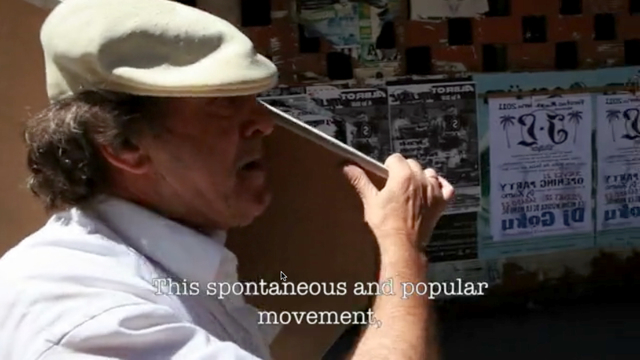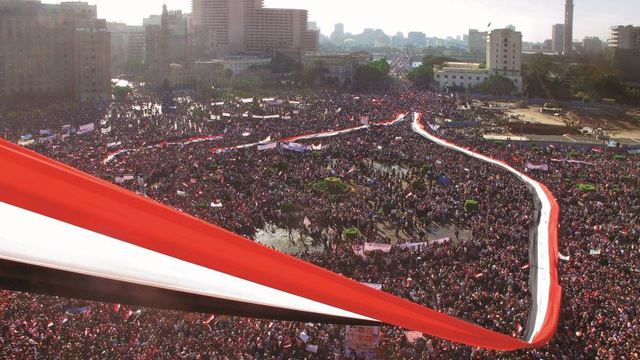Tactics of Protest Now
This discussion explores tactical media in contemporary culture and social movements. In response to a deep economic, political, and cultural crisis, new social movements are challenging the dominant political and economic order. Tactical media, David Garcia says, has emerged through, 'the impact of the rise of small-scale DIY media, tools and networks in art, social and political activism, and the rise of new social movements.' How can tactical media connect with and re-contextualise the traditional methods of propaganda and create new alternative forms of action for the future?
Read

